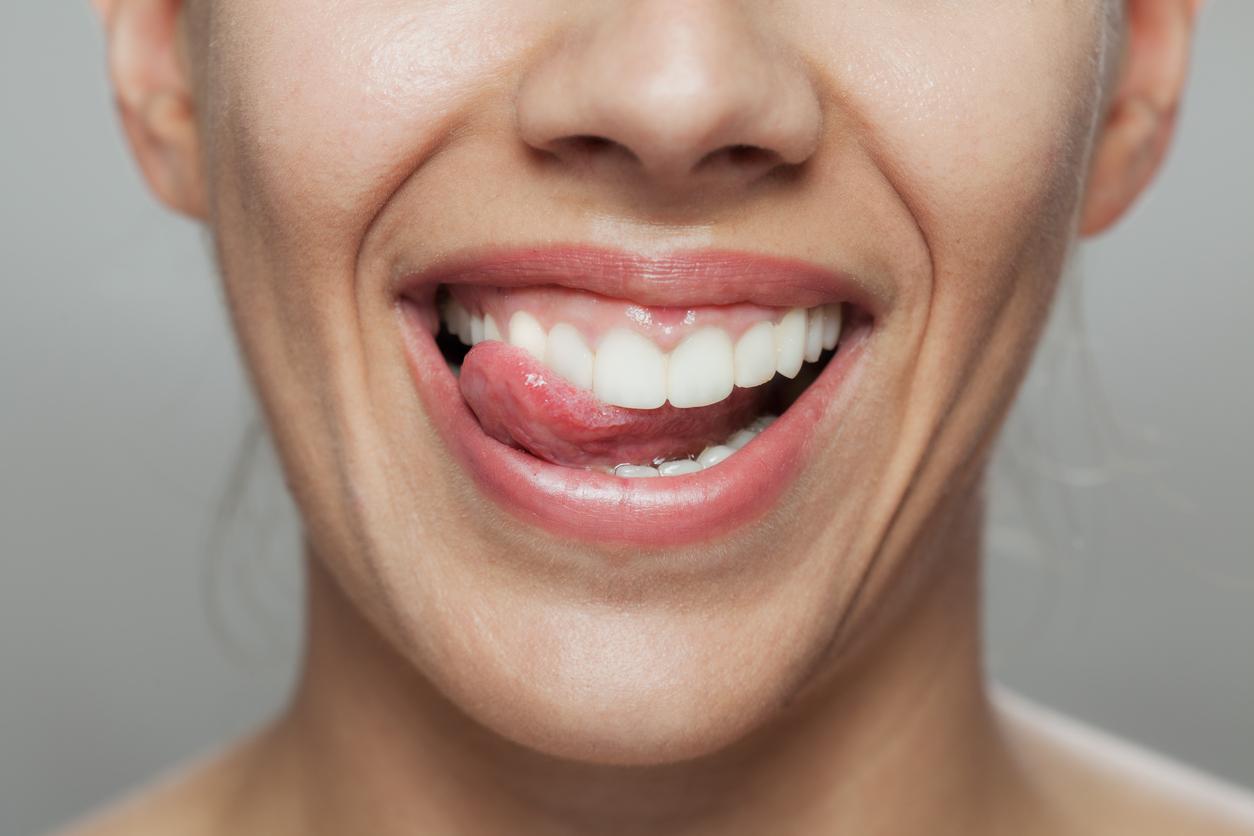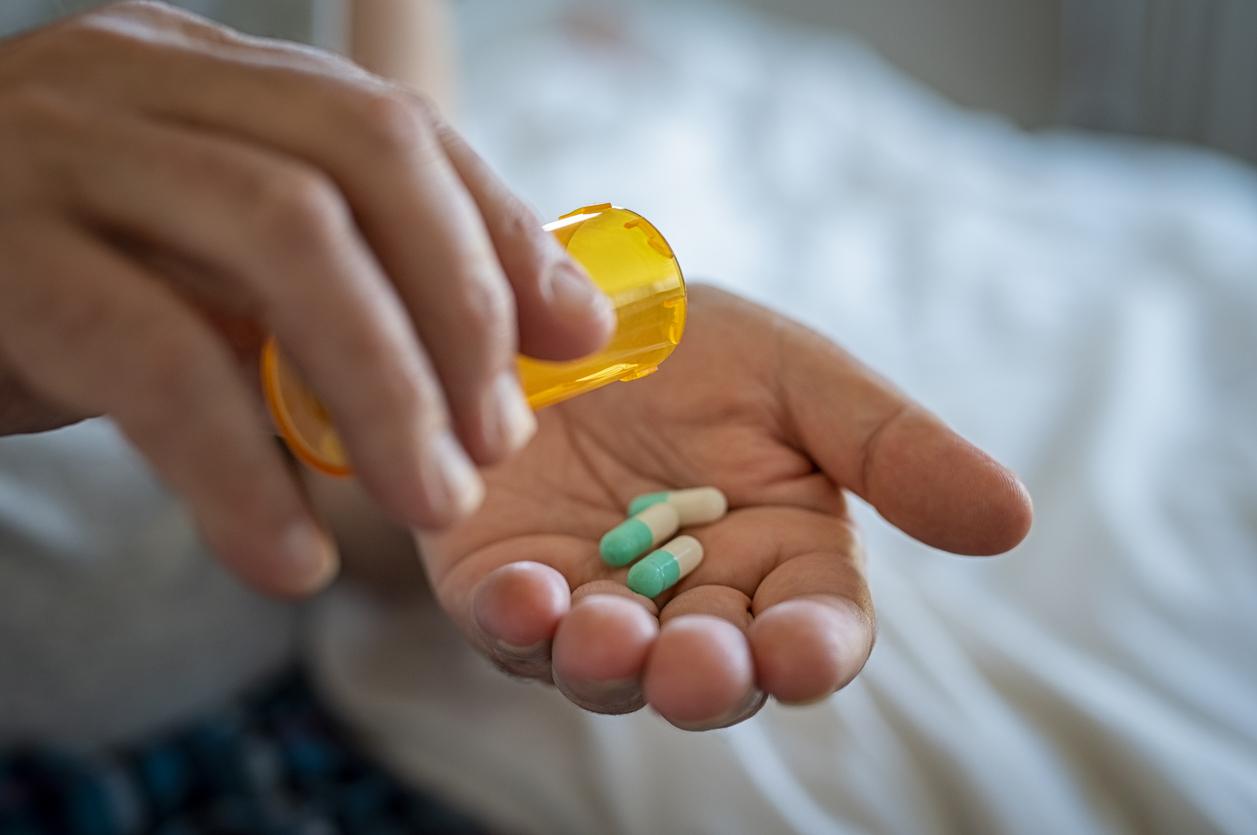Triclosan is one of the antibacterial agents The most common in the world. Found in shampoos, toothpastes, deodorants, mouthwashes, it can be easily absorbed through the skin and gastrointestinal tract. It is also not uncommon to find traces of it in urine or feces.
In a new study published on PLOSOne, researchers at the University of Oregon (United States) found that too frequent exposure to triclosan could quickly disrupt the bacterial communities present in the intestine.
The study was carried out on zebrafish. These small 4 to 5 cm fish are often used in the laboratory where they serve as a model organism. During the study, the American researchers found that exposure to the antimicrobial product caused rapid changes in the diversity and composition of the fish microbiome.
The gut microbiome (formerly called intestinal flora) performs vital functions for our health: it prevents colonization by pathogens, stimulates the development of the immune system, and produces the micronutrients necessary for a good functioning of the host.
According to Professor Thomas Sharpton, lead author of the study, anything that compromises the bacterial balance in the intestinal tract (which is the case with triclosan) is therefore likely to cause or worsen diseases such as diabetes, cardiovascular illnesses Where arthritis.
Read also :
The not so healthy forced air hand dryer
95% of people do not know how to wash their hands


















